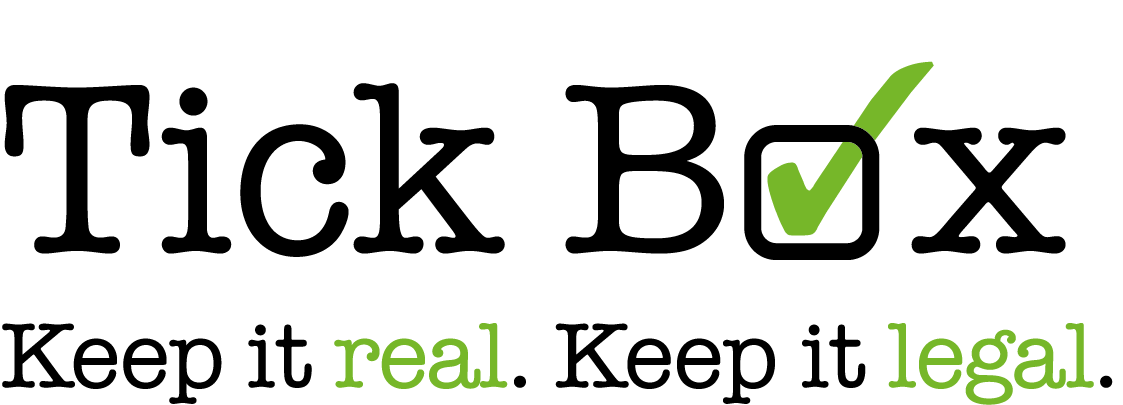The Role of Self Storage in Renting Out Your Home While You Are Away
Mon 12th May 2025
Travelling for an extended period is an exciting prospect, but what about your home? Instead of leaving it empty, why not let it out and earn some extra cash while you're off exploring? If you’re considering renting out your property while you’re away, here’s what you need to know to make the process smooth and stress-free.
Legal Must-Knows
Before listing your home for rent, check a few key legalities:
-
Mortgage and Insurance: If you have a mortgage, ensure your lender allows you to let the property. Standard home insurance won’t cut it, so you’ll likely need specialist landlord insurance.
-
Safety Compliance: Gas appliances must be checked annually, electrical installations need safety certification, and fire alarms should be installed and tested.
-
Council Tax & Utilities: If your tenants are staying long-term, they’ll typically cover these costs, but short-term lets might leave you responsible.
-
Tenancy Agreement: A written contract protects both you and the tenant. Ensure it clearly defines rental terms, deposit protection, and any house rules.
-
Deposit Protection: If you're renting out on a long-term basis, you must register the tenant's deposit in a government-backed scheme.
What to Do with Your Belongings
Unless you’re happy with strangers rifling through your wardrobe, it’s best to clear personal items. Self-storage is a great option for keeping valuables safe, and it also helps make your home more neutral and appealing to tenants.
-
Declutter & Secure Valuables: Remove sentimental items, jewellery, and important documents. Secure them in storage or a locked area within your home.
-
Furnishing the Property: If letting a furnished home, ensure furniture is durable and suitable for tenants. Short-term lets may require fully stocked kitchens and linens.
Finding the Right Tenants
For short lets, platforms like Airbnb work well, but for longer rentals, using a letting agent or advertising privately can attract responsible tenants. Always vet potential renters properly—background checks and references can save you a lot of hassle.
-
Screen Applicants: Verify employment, rental history, and references.
-
Set Clear Expectations: Outline house rules, payment terms, and responsibilities for maintenance.
Managing Your Property from Afar
Unless you have someone you trust to oversee your home, a property management service is a smart investment. They’ll handle everything from maintenance to tenant queries, leaving you free to enjoy your travels.
-
Hire a Property Manager: They can handle emergencies, maintenance, and rent collection.
-
Have a Local Contact: If not using an agent, appoint a trusted friend or neighbour to check in on the property.
Financial Considerations
Rental income is taxable, so you’ll need to declare earnings to HMRC. Factor in agency fees, maintenance, and any potential void periods when working out your rental price.
-
Understand Your Tax Obligations: The Rent-a-Room scheme allows you to earn up to £7,500 tax-free if letting part of your home.
-
Set a Competitive Rent: Research local rental prices and adjust accordingly.
-
Budget for Expenses: Maintenance, legal fees, and potential vacancy periods should be accounted for.
Final Checks Before You Go
Make a final sweep of the house before you leave. Double-check that all legal requirements are met, set clear house rules, and ensure tenants have an emergency contact.
-
Provide a Welcome Pack: Include instructions for appliances, emergency contacts, and local recommendations.
-
Confirm Inventory & Condition: Document the state of your home before tenants move in.
-
Arrange Key Handover: Use a secure key service or trusted person.
With the right prep, your home can work for you while you’re away, making your travels all the more enjoyable!
